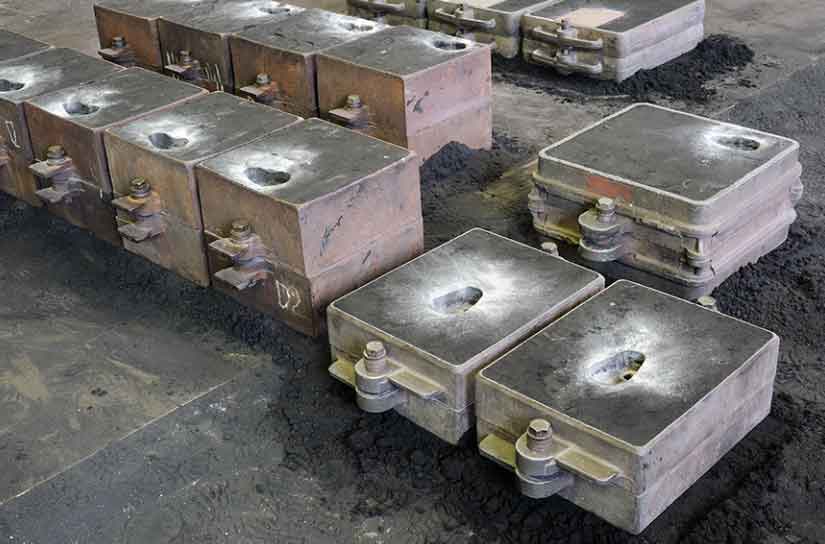Resin sand casting has become a popular choice in automotive manufacturing for creating durable and complex parts. This casting method offers several advantages that make it suitable for producing high-quality automotive components:

- Versatility: Resin sand casting allows for the production of a wide range of automotive parts, from engine blocks and cylinder heads to transmission components and suspension parts. Its versatility makes it ideal for manufacturing both large and small parts.
- Complex Geometry: Resin sand casting can accommodate intricate and complex part designs with features such as undercuts, thin walls, and internal passages. This enables the production of automotive components with precise geometries that may be challenging to achieve with other casting methods.
- Cost-Effectiveness: Resin sand casting is a cost-effective casting process, particularly for small to medium-sized production runs. It involves relatively low tooling costs, making it an attractive option for automotive manufacturers looking to produce custom or low-volume parts.
- Durability and Strength: The use of resin binders in sand casting provides improved strength and durability to the molds, resulting in high-quality and robust automotive components. This makes resin sand cast parts capable of withstanding the demanding operating conditions in automotive applications.
- Reduced Porosity: Resin sand casting has the advantage of producing parts with reduced porosity compared to other sand casting methods. This minimizes the risk of internal defects and ensures the integrity and longevity of the automotive components.
- Surface Finish: Resin sand casting can achieve excellent surface finishes on cast parts, reducing the need for additional machining or finishing processes. This saves time and cost during the production of automotive components.
- Material Selection: Resin sand casting supports a wide range of materials, including various grades of cast iron, aluminum alloys, and other metals used in the automotive industry. Manufacturers can select the most suitable material for each application, balancing factors like strength, weight, and cost.
- Fast Production Time: Resin sand casting offers relatively short production cycles, allowing automotive manufacturers to quickly produce the required parts and respond to changing market demands effectively.
Resin sand casting has proven to be a reliable and efficient method for creating durable and complex automotive parts. Its versatility, cost-effectiveness, and ability to achieve high-quality results make it a preferred choice for automotive manufacturers seeking to meet the demands of the industry while maintaining a competitive edge.
